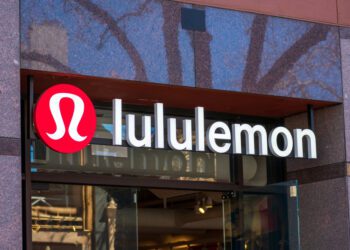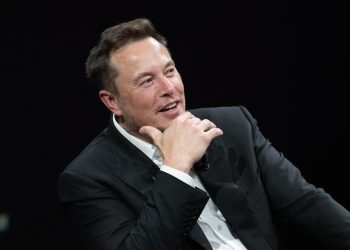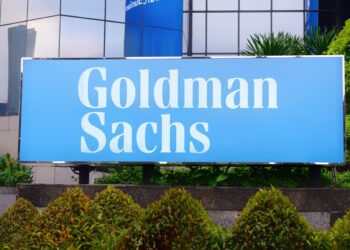Online retailer announces $15-per-hour minimum wage, but analysts are divided on its intention and likely impact.
Bernie Sanders called it the “shot heard around the world.” On October 2, Amazon CEO Jeff Bezos announced that company employees in the US would receive a minimum wage of $15 per hour, drawing both praise and criticism.
The online retail giant said it would also lobby Washington to raise the federal minimum wage, which has been set at $7.25 for almost a decade.
The new wages, which will take effect Nov. 1, will apply to more than 250,000 Amazon employees, including those at the grocery chain Whole Foods, as well as the more than 100,000 seasonal employees it plans to hire for the holiday season. The change will not apply to contract workers.
“We listened to our critics, thought hard about what we wanted to do, and decided we want to lead,” Bezos said in a public statement. “We’re excited about this change and encourage our competitors and other large employers to join us.”
Sen. Sanders, who has recently criticized Amazon and introduced a bill last month called the “Stop BEZOS Act” that would require the retailer and other large employers to cover the costs of food stamps, public housing, Medicaid and other federal assistance received by employees, was among the supporters of the move.
“Today I want to give credit where credit is due, and that is that Mr. Bezos and Amazon have done the right thing,” Sanders told Reuters Oct. 2. This is a significant step forward for many thousands of Amazon employees.”
Yet not all were so quick to celebrate. Within 24 hours, questions started to surface about how generous the move really is. Amazon also announced that it would be cutting bonuses and stock grants while some veteran employees said they were being devalued and feared that they might end up with less money than they get now.
Meanwhile, an op-ed in The Washington Examiner viewed the move cynically, suggesting that it actually threatens to undercut the retail giant’s competitors. While stating that the company-wide minimum wage hike was fine in principle, the author believes that Amazon’s intention to lobby for a federal wage law is, first and foremost, a shot across the bows of its competitors.
“Amazon believes it can afford to pay its workers $15 an hour because of its economies of scale and its cutting-edge automation,” the piece opines. “The smaller competitors that Amazon wants to drive out of business probably cannot afford that. Mom & Pop can’t replace the high school stock boy with robots when Congress outlaws his job.”
The debate over a minimum wage will surely continue to be a key issue heading into the next presidential election cycle. It even has its own protest movement, Fight for $15, whose leaders claim to take their inspiration from the Civil Rights Movement of the 1960s. Bezos knows that this is a cause that means a great deal to millennials and Gen-Z’s.
Furthermore, given that one of his fiercest critics, Bernie Sanders, is a potential 2020 presidential candidate, Jeff Bezos has made a shrewd move by backing the minimum wage increase not only internally within Amazon, but also politically. Yet whether it is anything more than that remains to be seen.












